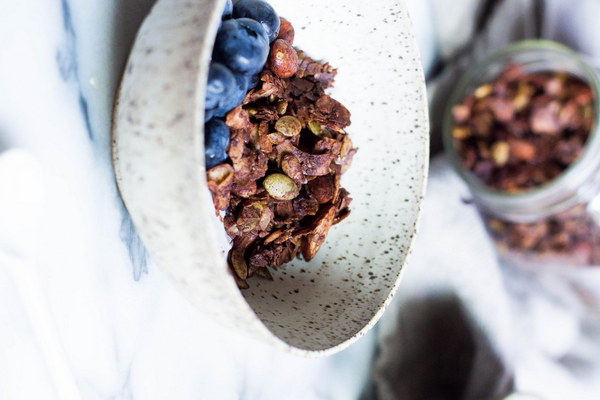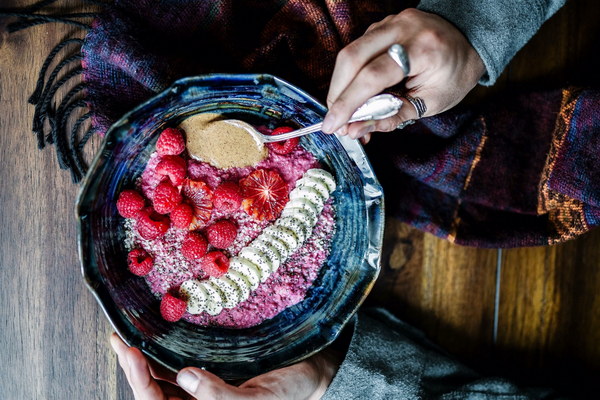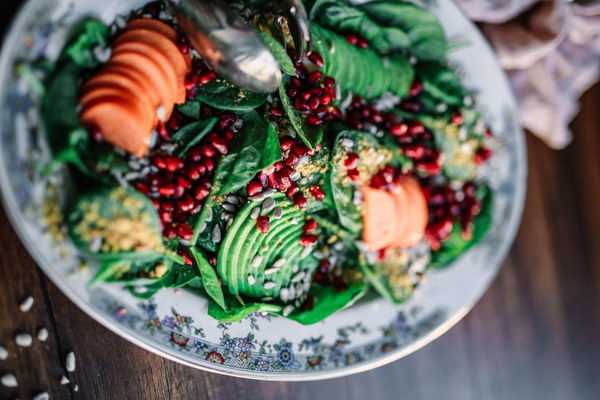Is Tea Suitable for Fitness Athletes A Comprehensive Guide for Optimal Hydration and Performance
Introduction:
Fitness athletes often seek ways to enhance their performance and recovery. One popular question that arises is whether drinking tea is suitable for fitness athletes. In this article, we will explore the benefits and drawbacks of consuming tea, and provide insights into how it can fit into an athlete's hydration and nutrition plan.
1. Types of Tea and Their Benefits
There are various types of tea available, each with its own unique properties and benefits. Here are some popular teas and their potential advantages for fitness athletes:
a. Green Tea:
Green tea is rich in antioxidants, particularly catechins, which have been shown to boost metabolism and fat oxidation. It can also aid in muscle recovery and reduce inflammation. Consuming green tea before exercise may enhance performance and promote faster recovery.
b. Black Tea:
Black tea contains caffeine, which acts as a stimulant and can improve focus, alertness, and endurance. It may also increase fat oxidation and reduce fatigue. However, excessive caffeine intake can lead to dehydration and increased heart rate, so it's important to moderate consumption.
c. White Tea:
White tea is known for its high antioxidant content and anti-inflammatory properties. It may help in reducing muscle soreness and improving overall recovery. White tea is also less processed than green tea, making it a healthier option.
d. Oolong Tea:

Oolong tea has a moderate caffeine content and is believed to aid in weight loss. It can boost metabolism, reduce appetite, and improve digestion. Oolong tea also has anti-inflammatory and antioxidant properties.
2. Hydration and Tea
Proper hydration is crucial for athletes, and tea can be a valuable addition to their hydration strategy. Here's how tea can contribute to hydration:
a. Hydration:
Tea contains water and electrolytes, making it a hydrating beverage. However, it's important to note that tea has a diuretic effect due to its caffeine content. While this effect may be minimized by consuming herbal or decaf teas, it's essential to consider overall fluid intake.
b. Electrolytes:
Tea can help replenish electrolytes lost through sweat during exercise. However, the electrolyte content of tea is relatively low compared to sports drinks. Athletes may need to supplement their electrolyte intake with other sources, such as sports drinks or electrolyte tablets.
3. Timing and Dosage
The timing and dosage of tea consumption can affect its benefits for athletes. Here are some tips:
a. Pre-Exercise:
Consuming green or black tea before exercise may enhance performance and fat oxidation. However, it's important to consider individual caffeine sensitivity and tolerance. Start with a small amount and adjust accordingly.
b. Post-Exercise:
Tea can aid in muscle recovery and reduce inflammation. Consuming herbal or white tea after exercise can be beneficial. It's recommended to wait at least 30 minutes after exercise before consuming tea, as caffeine can interfere with muscle recovery.
c. Dosage:
The dosage of tea depends on the individual's caffeine sensitivity and tolerance. Start with a small amount and gradually increase as needed. It's important to monitor the overall caffeine intake from all sources to avoid excessive consumption.
4. Considerations and Precautions
While tea can be a beneficial addition to an athlete's hydration and nutrition plan, there are some considerations and precautions to keep in mind:
a. Caffeine Sensitivity:
Individuals with high caffeine sensitivity may experience adverse effects, such as increased heart rate, anxiety, and dehydration. It's essential to be aware of one's sensitivity and adjust tea consumption accordingly.
b. Allergies and Intolerances:
Some individuals may have allergies or intolerances to certain tea ingredients, such as gluten or nuts. It's important to be aware of any potential allergens and choose appropriate tea varieties.
Conclusion:
Tea can be a suitable beverage for fitness athletes, offering various health benefits and aiding in hydration. However, it's crucial to consider individual preferences, caffeine sensitivity, and overall fluid intake. Incorporating tea into an athlete's hydration and nutrition plan can enhance performance and promote recovery. Always consult with a healthcare professional or a sports nutritionist before making significant changes to your diet or hydration strategy.









